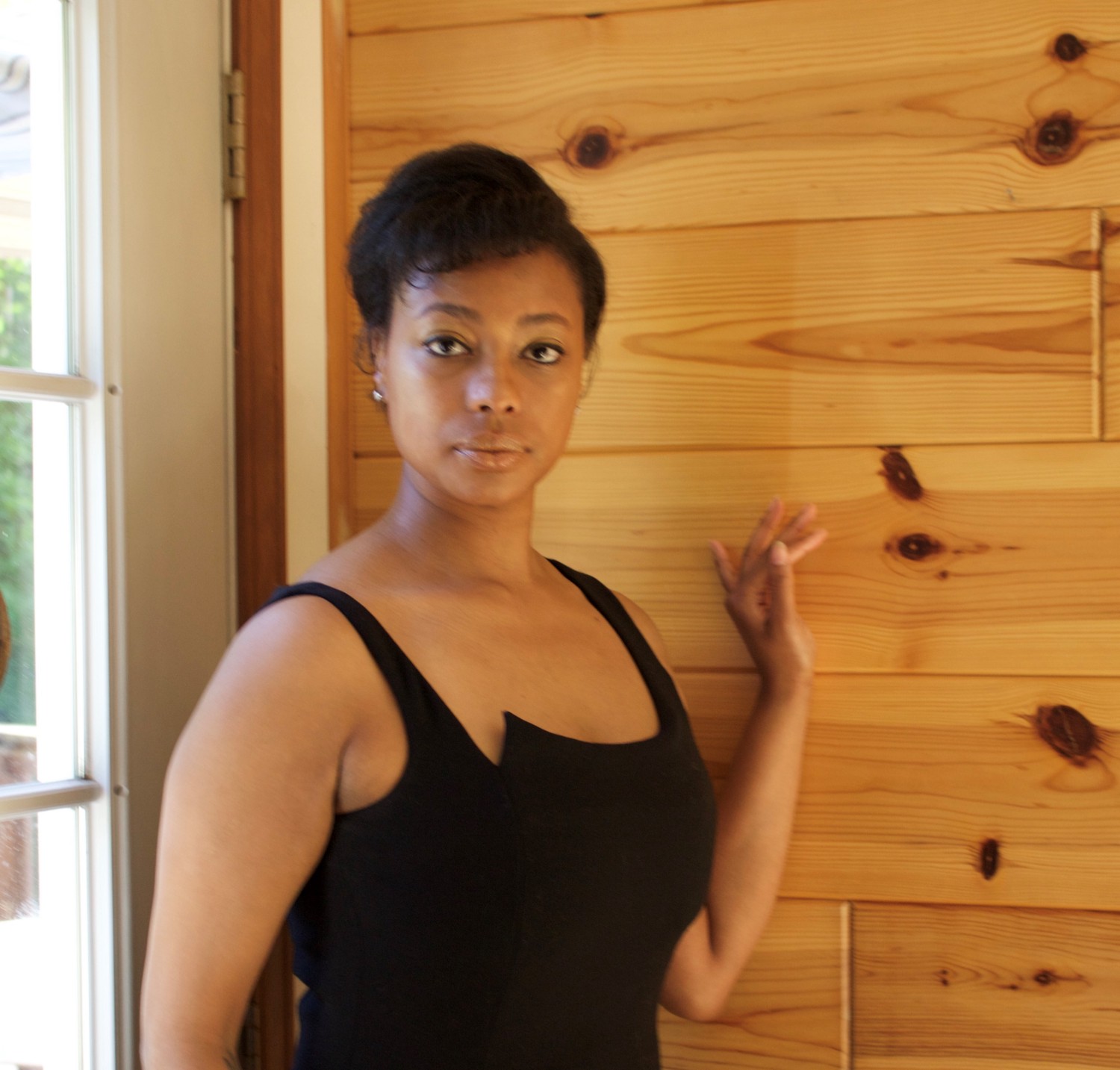Even among the living sometimes we never know when the last time we will see a person may be. One day you’re frequently saying hello to a peer or colleague and then maybe even years later you think “ oh yeah I wonder how that person is doing” and then realize because of life changes or happenstance that it’s very likely your paths will naturally never cross again. This is what I call a tiny death. Life can seem to be an interesting place filled with the excitement of uncertainty masked by mostly feigned control. As we further this concept and reflect on our daily lives I think how this idea of the potential for constant shedding or “loss” can be used to better our personal lives? First through our awareness as with passerby’s now gone and secondly, through consciously attributing the idea of loss to positive gains as often times when we think of the word loss there is a negative connotation.
My most recent selection for At Liberty’s Booklist is “The Mandala of Being” by Richard Moss, MD and one thing he touches on is the idea of positive affirmations actually being slightly harmful as a manifestation of a feeling of being inadequate because it reinforces the idea that there is something you must always obtain and the benchmark you “fall below” is constant positivity or a new goal etc. Through this lens we attempt to be better individually by negating our current self as being “enough” or “good”. In the affirmation state of mind there is always a benchmark we are falling below. In this way we are also trying to achieve a tiny death of something we don’t like about ourselves or current circumstance. We want it to go away and never exist again. Can we re-imagine a positive affirmation as a tiny death? Having the capacity to let negative feelings simply fall away and become lost almost without our noticing can be a powerful tool if we begin to engage with our self as the pillar dynamically. Can you “meet” this feeling today and tomorrow be so enthralled with your attention fully engaged in the present that it simply falls away? In this frame of mind rather than reinforcing awareness of negativity by trying to grow beyond it or attain something emotionally that you have not “reached” we now start with our own self as the pillar rather than the task. We can pick and choose what we want and let the rest fall away if it does not suit us, rather than us as individuals being “unsuitable”.
This brings me to another gentle reminder I was re-acknowledging recently. Only we as individuals can be responsible for how we feel. Even if a strong emotion is caused by another person’s actions it’s not up to that person to apologize or for that situation to be rectified in order for you to “feel better”. Often times we want to be understood or for the person who has done something “wrong” to empathize and if we are looking at circumstances bluntly that notion in many cases is unreasonable. It does not mean that you don’t have a right be upset when you’ve been wronged, but seeking reconciliation outside our immediate selves allows our “self” to be removed as the pillar of our reality.

It can be difficult at times, but returning any personal conflict inflicted by outward interactions back to yourself should be the primary goal. Reflection then identification or labeling and a gentle reminder or correction in your perspective can benefit one greatly in a short amount of time. Consciously maintaining yourself as the pillar of your own existence is a source of power. An example could be you have switched roles or started at a new company and because of the stature you previously gained you expect to be treated with a higher esteem in your current role and maybe you’re not. In this case although the impact on self-esteem vs. expectations may be generated from an outside circumstance the self should still be the owner of the emotion and may think after reflection and identification how “silly” it is needing constant praise. Then we can shift our thinking and emotional state appropriately. Maybe acknowledging how the less than friendly or excited greeting may be a reflection of work related stressors and next try to get to know people as well as their perspective on their roles and contributions. This quickly returns your focus to the work and avoids losing sight on the end goal of your work related responsibility. When we can accurately decipher what has allowed us to be upset by an outward occurrence it allows us to choose “a tiny death” or to let it fall away consistently or permanently through acknowledgment and redirection. This of course does not mean that a situation is never bad or some circumstance does not need outward correction such as a work team that has a lack of accountability that has reflected badly on a leader or someone you trusted who used your friendship against you publicly. It does however mean that in these types of instances your emotional state however caused is not the responsibility of an outside force. It is not up to an apology or for a situation to auto-correct itself in order for your emotional state to shift. Turning the focus inward and labeling the core of your emotional state is the power and privilege of self that you possess when your worth or emotional state is not task driven or affirmed.
What are some tools or resources you use to manage your emotional well-being? If you would like to continue the conversation connect with me on LinkedIn or visit www.atlibertylife.com.
Originally published at medium.com


